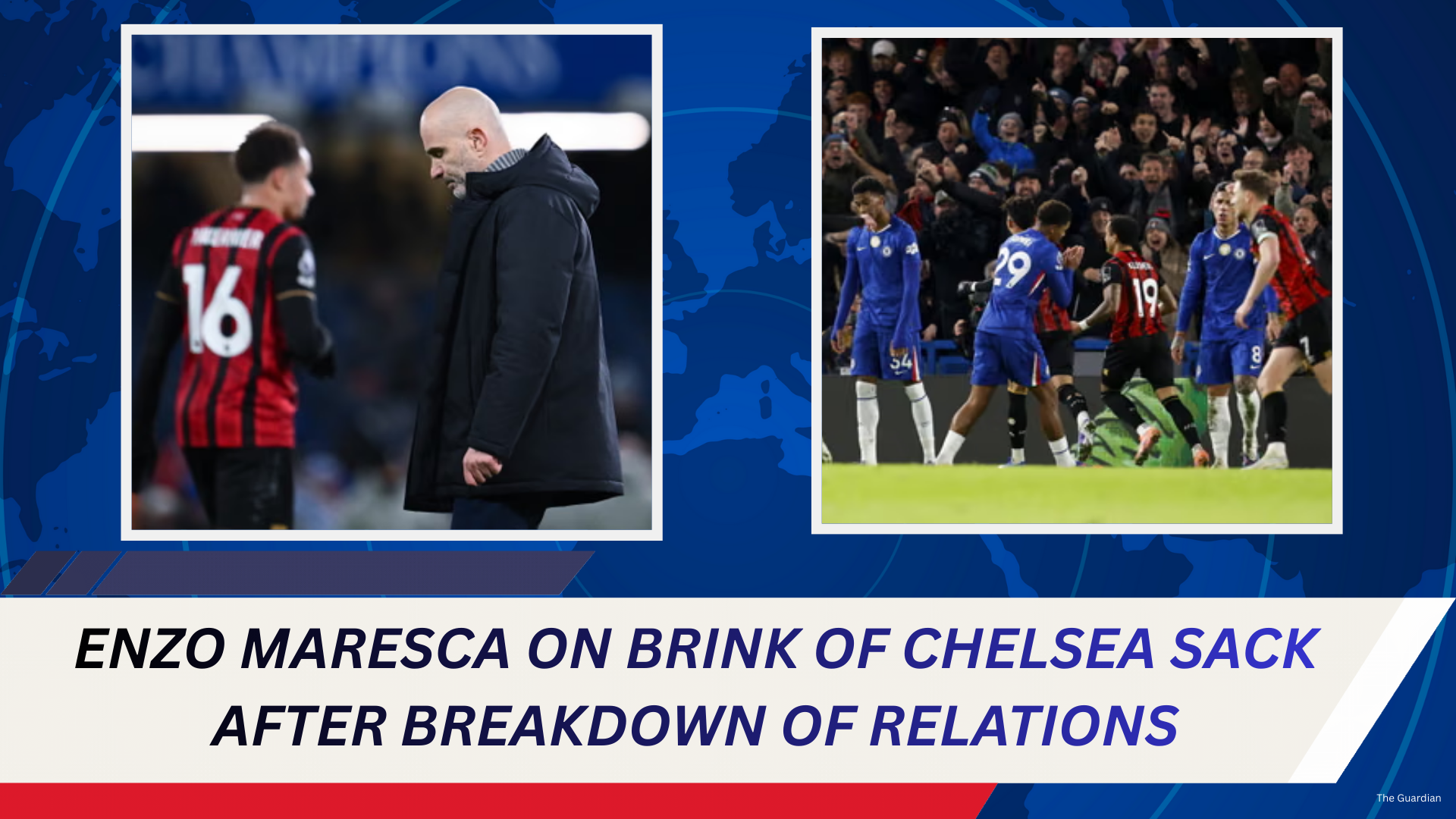It was meant to be a bold experiment — a clash of philosophies that could revive a club with Premier League history and modern ambition. Instead, Ange Postecoglou’s short-lived tenure at Nottingham Forest has ended in chaos, confusion, and disappointment.
Just 39 days after his surprise appointment, Forest announced the Australian coach’s dismissal, confirming rumors that had been swirling for weeks. For a man who built his reputation on stability, vision, and attacking flair, Postecoglou’s whirlwind stint in the East Midlands was anything but.
His departure leaves behind a club scrambling for answers — and a dressing room reportedly relieved more than regretful.
The Appointment That Shocked the League
When Nottingham Forest unveiled Postecoglou as their new head coach, it raised more than a few eyebrows.
Steve Cooper’s exit had already divided fans; many believed he was still the right man to lead Forest, having guided them from the Championship to the Premier League and kept them up last season. But owner Evangelos Marinakis wanted more than survival — he wanted “identity,” “expansive football,” and “European ambition.”
Postecoglou, fresh off a promising (though turbulent) spell with Tottenham Hotspur, was the surprise pick. His commitment to attacking football, high pressing, and technical precision seemed to fit the owner’s vision. Yet from day one, there were signs that this marriage was destined to fail.
Behind the scenes, Postecoglou’s methods clashed with Forest’s established structure. Players accustomed to Cooper’s pragmatic, defensive system struggled to adapt to Ange’s fluid, high-tempo approach. Several senior players, including captain Joe Worrall and goalkeeper Matt Turner, were reportedly “stunned” by the training demands and the tactical shift.
As one insider told The Athletic:
“Ange came in with a plan — but the squad wasn’t built for it. He wanted to play like Manchester City with players who were still getting used to mid-table football. It just didn’t fit.”
Results That Spelled Trouble
The results told the story.
Postecoglou’s Forest managed just one win in seven matches, scoring only five goals while conceding thirteen. The lone victory — a scrappy 2–1 win against Burnley — did little to ease pressure as defeats to Manchester United, Brighton, and Aston Villa piled up.
The 4–0 loss to Brentford two weeks ago, however, was the breaking point. Fans turned on the team, chanting for the return of Cooper as Forest looked directionless and disjointed.
Ange’s stubbornness — a quality once praised — became his undoing. He refused to abandon his 4-3-3 setup even when it left his defenders exposed and midfield overwhelmed.
After the Brentford match, his post-game comments didn’t help:
“This is who we are. I won’t compromise the football I believe in for short-term results.”
That declaration, though admirable, only deepened the divide between manager and club hierarchy. With Forest sitting 17th in the table, just above the relegation zone, the board’s patience evaporated.
A Dressing Room in Disarray
What happened behind closed doors was equally damaging. Reports suggest Postecoglou struggled to connect with several senior players. His intense personality, blunt communication style, and refusal to tailor his approach alienated some key figures.
Players who thrived under Cooper — Morgan Gibbs-White, Taiwo Awoniyi, and Ryan Yates — reportedly grew frustrated with the constant tactical tinkering and the lack of defensive discipline.
One source described the mood as “fractured and fearful.” Training sessions were said to be “chaotic,” with players unsure of their roles. “It felt like we were learning a new sport,” one player allegedly told The Guardian.
Even within the backroom staff, there was tension. Forest’s existing coaches were sidelined as Postecoglou brought in his trusted assistants from Tottenham, disrupting internal cohesion. His insistence on total control — from fitness programs to recruitment suggestions — clashed with the club’s data-led committee model.
By the time Forest drew 1–1 with Bournemouth last weekend, the outcome felt inevitable. Ange looked visibly deflated on the touchline, his trademark energy replaced with resignation.
The Marinakis Factor
Evangelos Marinakis has never been known for patience. The Greek owner, who also controls Olympiacos, has overseen more than a dozen managerial changes since taking charge of Forest in 2017.
Sources suggest Marinakis had already lost faith after the Brentford loss. The owner reportedly confronted Postecoglou after the match, questioning his tactics and player selections. The two had “a frank exchange” that ended with Marinakis storming out of the room.
When results failed to improve, the decision was sealed. On Friday morning, Postecoglou was informed that his contract was terminated — less than six weeks after signing it.
Forest’s official statement thanked him for his “professionalism and commitment” but made no mention of future collaboration or mutual agreement — a polite but telling omission.
What Went Wrong
Ultimately, Postecoglou’s 39 days at Forest will be remembered as a cautionary tale of mismatched expectations.
The Australian’s footballing ideals — adventurous, expressive, high-risk — demand time, trust, and specific types of players. Forest, meanwhile, operate in a world of short-term pressures and survival priorities.
His arrival felt like an experiment without foundation: a visionary coach dropped into a volatile environment without the squad or patience required to make his vision work.
As one pundit put it on Sky Sports:
“You can’t build a cathedral on sand. Ange needed structure, time, and players suited to his football. Forest gave him none of that.”
What’s Next for Both Sides
For Forest, the immediate focus is stability. Former Wolves manager Nuno Espírito Santo has been linked as a potential replacement, along with Graham Potter and Paulo Fonseca. The club needs a leader who can steady the ship before another relegation battle takes root.
For Postecoglou, the setback will sting — but it’s unlikely to define him. His reputation from Celtic and his early Tottenham tenure still stands strong, and suitors abroad are already rumored to be circling.
Still, his Nottingham chapter will serve as a sobering reminder of the challenges that come with idealism in a results-driven world.
%20(4).png)



.png)
.png)

.png)
.png)
